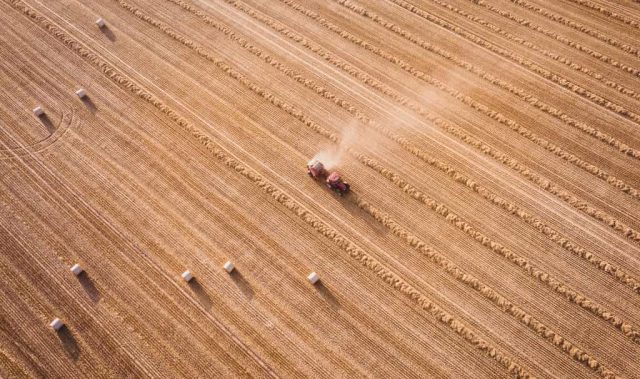
AsianScientist (May 20, 2015) – A study by researchers at Wilmar (Shanghai) Biotechnology Research and Development Center Co., Ltd. found that germinated buckwheat, an important raw material for food and functional food production, had better nutritional value than ungerminated buckwheat. Their findings have been published in the Journal of Food Science.
Germination is a complex process in which significant changes in the biochemical, nutritional and sensory characteristics occur due to the activation of dormant enzymes. As a result, the germinated seeds or sprouts are nutritionally superior to their original seeds with higher levels of nutrients, lower amounts of compounds that interfere with the absorption of nutrients and increased protein and starch digestibility.
In their study, the researchers found that the improvement of flavonoids led to significant enhancement of the antioxidant activities of germinated buckwheat. Germinated buckwheat had better nutritional value and antioxidant activities than ungerminated buckwheat and it represented an excellent natural source of flavonoids and phenolic compounds, especially rutin and C-glycosylflavones.
The germinated seeds could help in the prevention and treatment of various human diseases, but could also be helpful in improving the development of active components for functional food products and pharmaceuticals.
The article can be found at: Zhang et al. (2015) Effects Of Germination On The Nutritional Properties, Phenolic Profiles And Antioxidant Activities Of Buckwheat.
———
Source: The Institute of Food Technologists; Photo: Ervins Strauhmanis/Flickr/CC.
Disclaimer: This article does not necessarily reflect the views of AsianScientist or its staff.












